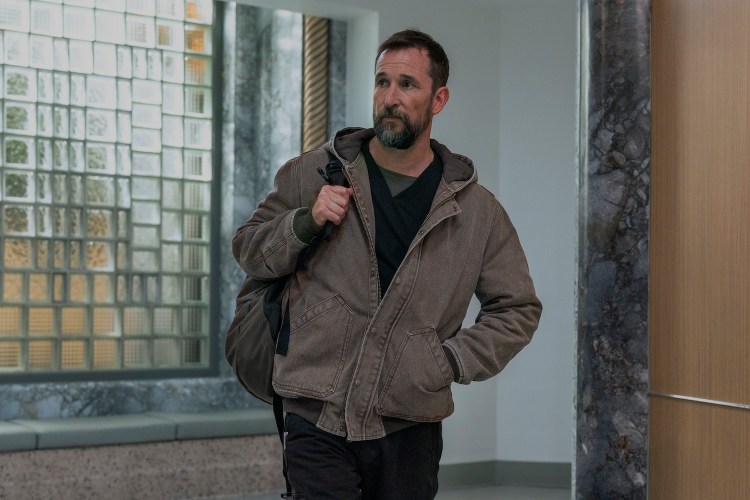Retired Navy Adm. James Stavridis believes that there is at least a 10 percent chance of a nuclear war between the U.S. and North Korea. According to Vox, he also thinks there is also a 20 to 30 percent chance of a “conventional but still bloody” war.
Stavridis spent 37 years in the military, with four of those years as the supreme allied commander of NATO. He was even vetted as a possible running mate for Hillary Clinton, and Donald Trump thought about naming him secretary of state, writes Vox.
“I think we are closer to a significant exchange of ordnance than we have been since the end of the Cold War on the Korean peninsula,” he said during a panel I moderated Tuesday at the University of Pennsylvania’s Perry World House, according to Vox. He thinks that 500,000 to a million people could be killed even from a nonnuclear war. He said that North Korea has at least 11,000 artillery pieces trained on Seoul, South Korea’s capital, which has a population of 25 million people. Stavridis said that they would be “certain to use them during any conflict.” If so, the U.S. would also certainly mount a “sustained bombing campaign” to destroy those artillery pieces, Vox writes.
Michèle Flournoy, formally the No. 3 official at the Pentagon during the Obama administration, said Trump’s attitude and rhetoric towards Pyongyang has “created the real risk of an accidental war” between the U.S. and North Korea, according to Vox.
She is worried that environment is now so charged it is more likely that someone will misread what the other person did or said as a show of commitment or a show of force.
Stavridis did stress that the odds are against an open military conflict or a nuclear war, just that both are a possibility. But he also stressed that the odds are rising, Vox writes.
To avoid either sort of conflict, Flournoy said Trump needs to “tone down his rhetoric and send a high-level envoy to China.” This would make it clear to Beijing that the North Korean crisis was rapidly approaching a point of no return. Meanwhile, Kim Jong Un would have to agree to “some sort of freeze on his testing and development of new nuclear weapons and more advanced long-range missiles,” Vox reports.
This article appeared in an InsideHook newsletter. Sign up for free to get more on travel, wellness, style, drinking, and culture.























